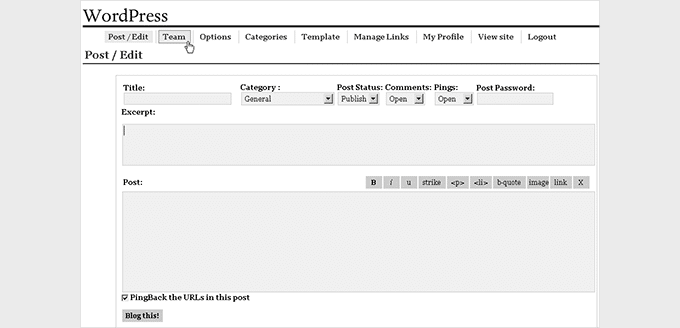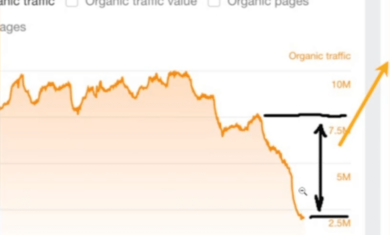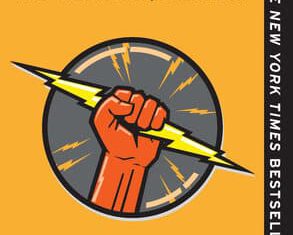It feels hard for me to believe, but today is the 20th anniversary of the first release of WordPress (you can see the initial announcement here). The story of WordPress actually began earlier, with a project called b2/cafelog in 2001. It was a similar product that was essentially abandoned by its creators, so Matt Mullenweg and Mike Little took over development, renamed it WordPress, and released it on May 27, 2003.
I find it amazing that for everyone on our team other than me, WordPress has been around for more than half of their lifetime.
If you’re familiar with WordPress today, you’ll notice that the version from 2003 looks wildly different:

It was roughly a year later when I first tried it out, with my first post on May 24, 2004. It was quite a bare-bones system at that point, and I had to hack it just to add a normal editor and the ability to upload images.
Today WordPress powers 43% of the entire internet, which is staggering. The second most popular platform these days is Joomla, with just 2.6% of the web — far less than 1/10 of what WordPress has.
A big part of this reason is that growth begets growth. As WordPress has grown in popularity, there have been more themes and plugins created, and more people that know how to use it. As those have grown, it’s brought more people around and the cycle continues.
Own It
As I’ve shared many times on here, one of my favorite things about WordPress is ownership. Your can put your website on whatever server you want, and they can’t take that away. Most other popular platforms, such as Squarespace or Webflow, require you to use them for hosting. They’re great platforms, no doubt, but they (unintentionally?) put you in a very bad spot because they literally hold the keys to your website. With WordPress, that’s not a concern.
I still remember gathering with other folks at the 8BIT office in Atlanta for the 10 year anniversary, and it sure doesn’t seem like it was 10 years ago. Back then WordPress powered roughly 18% of the web, which was already a massive chunk. It’s hard to believe that it’s gone from being that dominant to now more than double the market share — and climbing!
2033?
It’s hard to say where we’ll be in another 10 years. I’m confident that this blog will still be using WordPress, but I don’t know for sure if that’ll still be our platform of choice at GreenMellen. I don’t foresee it changing anytime soon, but 10 years is a long time. If I find another platform that piques my interest, I’ll certainly be talking about it on here.
For now, though, we’re staying all-in on WordPress.




